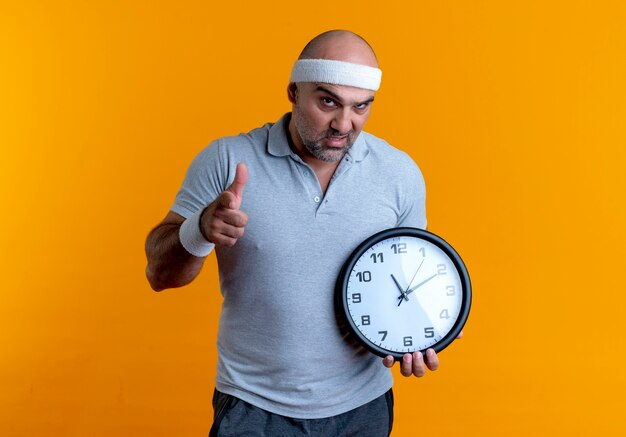Exercise is known to have numerous benefits for physical and mental health, including improving cardiovascular fitness, promoting weight management, reducing stress, and boosting mood. But did you know that the timing of your exercise routine can also impact your sleep quality? In South Africa, where a significant portion of the population struggles with sleep-related issues, understanding the role of exercise timing can be particularly valuable. In this article, we will explore the relationship between exercise timing and sleep and provide insights into how South Africans can optimize their exercise routines for better sleep.
- Morning Exercise for an Energized Day: Engaging in physical activity in the morning can have a positive impact on your sleep-wake cycle. Morning exercise helps to increase alertness, boost energy levels, and set a more structured circadian rhythm. Exposure to natural light during morning workouts also promotes the production of melatonin, the hormone that regulates sleep and wakefulness. By kick-starting your day with exercise, you’re more likely to experience improved alertness during the day and better sleep quality at night.
- Afternoon Exercise for Enhanced Performance: Exercising in the afternoon has its own benefits, especially for those who are looking to optimize their athletic performance or physical endurance. Studies have shown that body temperature, hormone levels, and muscle function tend to be at their peak during the late afternoon. By engaging in moderate-to-vigorous exercise during this time, South Africans can take advantage of their body’s physiological readiness, potentially leading to better overall performance. However, be cautious not to exercise too close to bedtime, as it may interfere with sleep initiation.
- Evening Exercise for Stress Reduction: For many South Africans, evenings may be the most convenient time for exercise due to work schedules or personal commitments. While exercising in the evening can be beneficial for stress reduction, it’s essential to consider the timing to avoid potential disruptions to sleep. Experts generally recommend completing vigorous workouts at least two to three hours before bedtime to allow sufficient time for your body to wind down. This allows your body temperature to cool down, heart rate to return to normal, and cortisol levels to decrease, promoting a state of relaxation and facilitating better sleep.
- Consistency is Key: Regardless of the preferred exercise timing, consistency is crucial for reaping the sleep benefits of physical activity. Regular exercise helps regulate your body’s internal clock and enhances overall sleep quality. Aim for at least 150 minutes of moderate-intensity aerobic activity or 75 minutes of vigorous-intensity aerobic activity each week, spread out over multiple days. By establishing a consistent exercise routine, you can train your body to anticipate activity during certain times, leading to better sleep-wake patterns.
- Personal Preference and Individual Differences: It’s important to note that individual preferences and differences play a significant role in determining the optimal exercise timing for sleep. While some individuals may feel invigorated by morning workouts, others may find it more challenging to get moving early in the day. Pay attention to your body’s response and adjust your exercise schedule accordingly. Experiment with different timings to identify what works best for you and aligns with your lifestyle and personal preferences.
- Additional Tips for Sleep Optimization: In addition to considering exercise timing, there are other steps you can take to maximize the sleep benefits of physical activity. Maintain a regular sleep schedule, create a calming bedtime routine, optimize your sleep environment by keeping it dark, quiet, and cool, and limit caffeine and electronic device usage close to bedtime. These practices, combined with regular exercise, can significantly improve your sleep quality.
In conclusion, exercise timing plays a crucial role in promoting better sleep quality for individuals in South Africa. Morning exercise can boost energy and establish a healthy sleep-wake cycle, afternoon exercise can optimize performance, and evening exercise can aid in stress reduction. However, personal preferences and individual differences should be considered when determining the best exercise timing for you. By incorporating regular physical activity into your daily routine and paying attention to how it affects your sleep, you can enhance both your fitness and sleep outcomes, ultimately leading to improved overall well-being.










